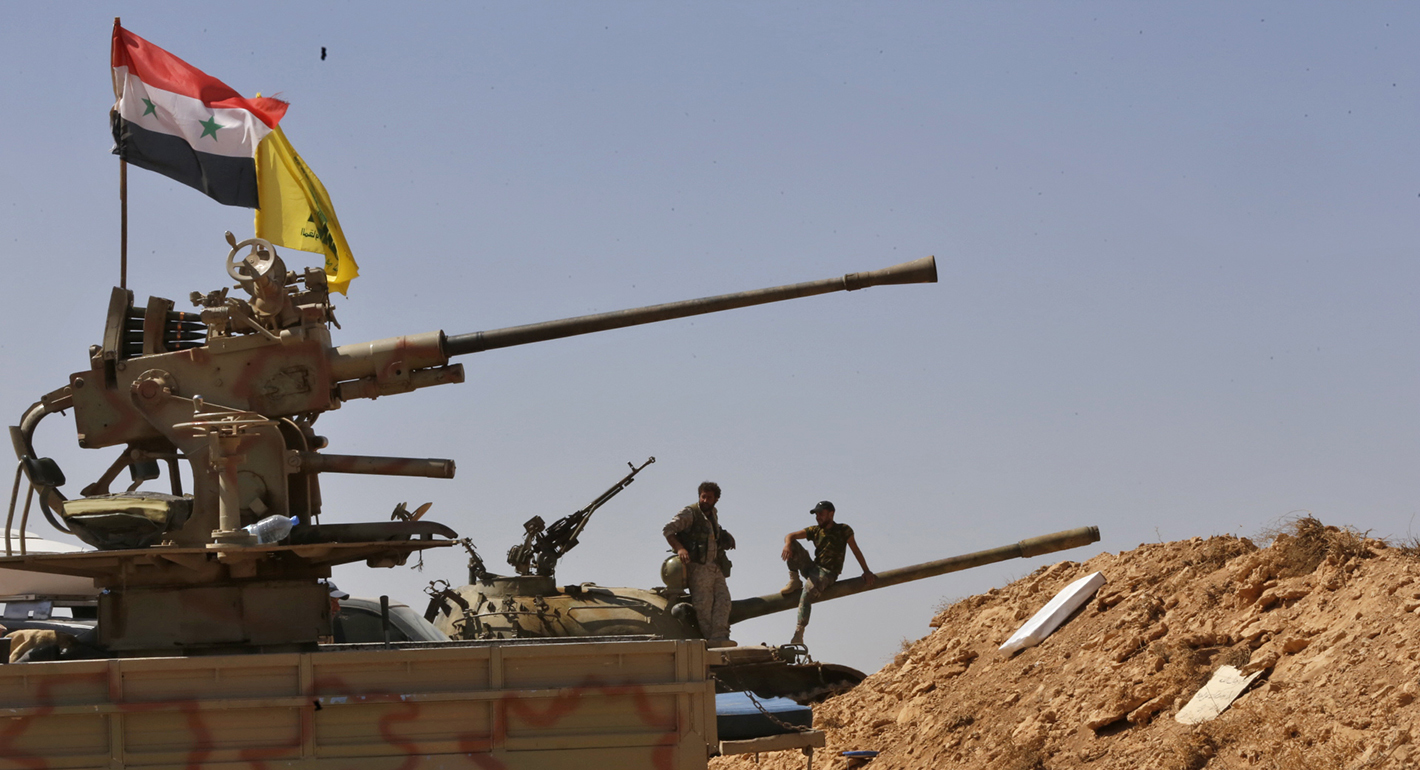
In recent years, Iran has been steadily expanding its influence in southern Syria, particularly in areas bordering Israel. This expansion has raised concerns about regional stability and the shifting power dynamics between Iran and Russia. Iranian-backed militias’ extension of control over these strategic regions is especially alarming since the October 7 outbreak of war between Gaza and Israel.
According to an article published yesterday in a London-based paper, Al-Sharq Al-Awsat, it has been confirmed, that the Syrian regime launched an arrest campaign in the south targeting 34 officers and members of elements and affiliates close to Russia.
Reports indicate that Iran has since gained nearly full control over southern Syria, specifically the areas adjacent to the Israeli border. These regions, previously under the influence of Russian-backed forces, have witnessed a significant absence of Russian presence and support allowing Iranian militias, including Hezbollah and other groups, to exert their authority and expand operations.
The absence of Russian support suggests a strategic decision to withdraw and allow Iranian-backed forces to fill the void. This shift in power dynamics could be attributed to various factors, including Russia’s focus on other priorities, a desire to reduce military involvement, or a calculated decision to allow Iran to take a more prominent role in the region.
The growing Iranian influence along the Israeli border and the south has significant implications for regional stability. The presence of multiple militias with diverse loyalties and objectives creates a state of permanent tension. This situation has led to increased arms and drug smuggling activities, posing security challenges for the region. Additionally, the presence of ISIS cells further exacerbates the volatile situation.
While Russia has historically supported the Syrian regime, including President Bashar al-Assad, Iran has been a key ally providing military and financial assistance. However, the recent power shift suggests a recalibration of interests, with Russia potentially prioritizing other objectives or seeking to leverage Iran’s influence to achieve its own goals.
Further obscuring the clarity of the situation are the reports from US-based outlets Wall Street Journal and CNN, which cited US intelligence sources as saying that Assad had ordered that Pantsir-S1 air defense systems, originally provided by Russia, be transferred from Syria to Hezbollah in Lebanon, via Russian PMC Wagner. A claim that the Kremlin dismissed yesterday saying Wagner “does not exist” and that such reports “were unfounded.”
Iran’s expanding influence in southern Syria and along the Israeli border marks a significant shift in power dynamics with Russia and in the region. While the reasons remain unclear, it has allowed Iranian-backed militias to extend their control and raised concern among many of increased instability and risks of escalation in the volatile region.









